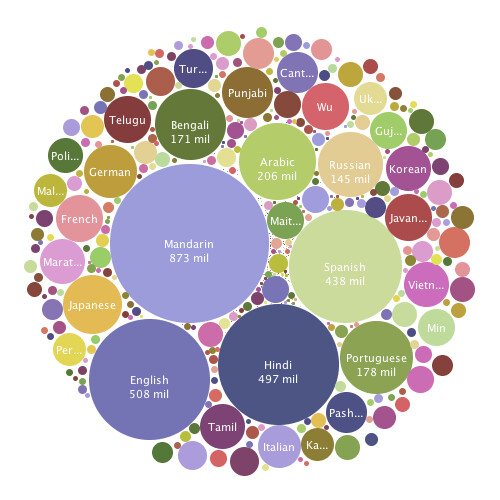Course syllabus
2017, Semester 1 (15.0 points)
Description:
Language is one of the most important aspects of being human. It is also a vast and exciting area of study. On the one hand, language has many practical purposes: we use it in almost everything we do to keep our communities functioning and to manage our identities. On the other hand, language can give us a window into how thoughts and meanings are formed in the mind. This course looks at the unique relations that hold between mind, society and language. In particular we look at the following questions:
- Does what we think about language matter?
- How much "control" do we have over the creation of meaning?
- What is "conversation"?
- Where is language in our mind, and how is it connected to the notion of meaning?
- Do different cultures organise their meanings and languages differently?
- What is special about human language and how did we get here?
- Artifical Intelligence: will computers ever really be able to "do" language the way we do? What are the challenges?
Pre-requisites: None
Course Convenor: Tyler Peterson
Teaching Staff: Yan Huang, Sam Mandal
Course aims & objectives:
By the end of this course, you should:
- Be able to describe how differences in language use can manifest themselves at different levels of structure
- Be able to distinguish "facts", "values" and "opinions" as these relate to language and meaning in social contexts
- Discriminate between and define key terms in the field, eg, code-switching, politeness, apparent time, macro-sociolinguistics, micro-sociolinguistics
- Critically evaluate and develop coherent arguments in favour of and against particular analyses of language and meaning
- Be able to explain clearly to each other the relationship of different topics in the readings
- Be able to apply primary language data (texts, media, recordings, etc) to problems in language and society
Topics covered:
- What it means to "mean", where this comes from, and how to use the empirical and theoretical tools in linguistics that analyse this
- How meaning is constructed in society (semiotics)
- The acquistion of language – where and how we learn language. How we become members of speech communities.
- Memes – what they can tell us about language and society
- Politeness and how we talk about interactive meaning in different socities
- The role of contempoary media and communication
- What’s the point? Taking linguistics outside the university
- Language and the progress of Artificial Intelligence
Teaching format: Lectures and tutorials
Workload: As with other 15-point courses, the University of Auckland’s expectation is that students spend 10 hours per week on this course. You should manage your academic workload and other commitments accordingly. Students attend a two-hour lecture each week. They take part in a one-hour tutorial each week from Week 2 onwards. This leaves 7 hours per week outside the classroom to study for tutorials, assignments and the exam.
Statement on assessment breakdown: see for more details.
Course summary:
| Date | Details | Due |
|---|---|---|
